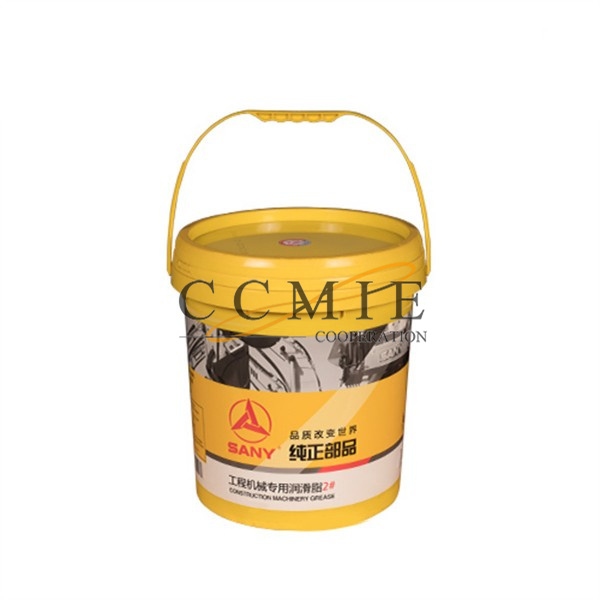1. Is it necessary to add lubricating oil frequently without changing it?
It is correct to check the lubricating oil frequently, but only replenishing it without replacing it can only make up for the lack of oil quantity, but it cannot fully compensate for the loss of lubricating oil performance. During the use of lubricating oil, the quality will gradually decrease due to pollution, oxidation and other reasons, and there will also be some consumption, reducing the quantity.
2. Are additives useful?
Really high-quality lubricating oil is a finished product with multiple engine protection functions. The formula contains a variety of additives, including anti-wear agents. Lubricating oil is most particular about the balance of the formula to ensure the full play of various properties. If you add other additives by yourself, not only will they not bring additional protection, but they will easily react with the chemicals in the lubricating oil, resulting in a decrease in the overall performance of the lubricating oil.
3. When should the lubricating oil be changed when it turns black?
This understanding is not comprehensive. For lubricants without detergent and dispersant, the black color is indeed a sign that the oil has seriously deteriorated; most lubricants are generally added with detergent and dispersant, which will remove the film adhering to the piston. Wash down the black carbon deposits and disperse them in the oil to reduce the formation of high-temperature sediments in the engine. Therefore, the color of the lubricating oil will easily turn black after being used for a period of time, but the oil at this time has not completely deteriorated.
4. Can you add as much lubricating oil as you can?
The amount of lubricating oil should be controlled between the upper and lower scale lines of the oil dipstick. Because too much lubricating oil will escape from the gap between the cylinder and the piston into the combustion chamber and form carbon deposits. These carbon deposits will increase the compression ratio of the engine and increase the tendency of knocking; the carbon deposits are red hot in the cylinder and can easily cause pre-ignition. If they fall into the cylinder, they will increase the wear of the cylinder and piston, and also accelerate the contamination of the lubricating oil. Secondly, too much lubricating oil increases the stirring resistance of the crankshaft connecting rod and increases fuel consumption.
If you need to purchase lubricants or other oil products and accessories, you can contact and consult us. ccmie will serve you wholeheartedly.
Post time: Apr-30-2024

